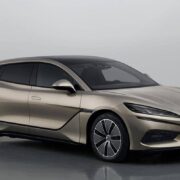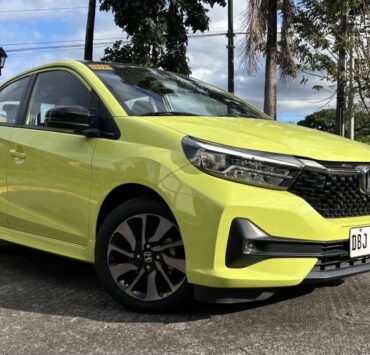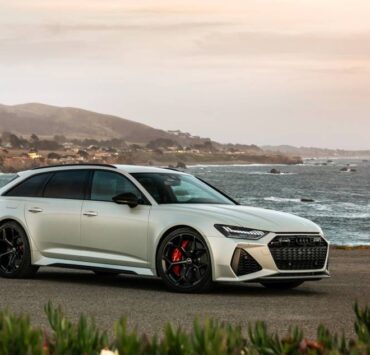EVs or hybrids: Which one is best for you and me?

Nowadays I often get asked which is a better choice of an electrified motoring experience whether to go partial with the hybrids or the completely full electric vehicle. And there is never a quick and simple, straight-cut answer to this. Predictably, my answer will be: it depends.
A lot will depend on your driving habits, driving patterns, driving style and, where you live. In my experience, a full electric vehicle is ideal for you if:
1.) You have a fixed driving routine, with specific destinations, consistent daily driving milage accrued and minimal to no deviations on your daily driving routes.
2.) You spend a lot of time in traffic, or waiting with the AC on, such as picking up kids at school or getting in and out of the car for quick errands and leaving the vehicle running with AC. EVs consume next to nothing while in standstill.
3.) You travel at mostly city speeds (slower than 60kmh) as EVs are most efficient at lower speeds.
4.) You have access to a slow wall-outlet charger in your home garage, or;
5.) A public charger at work, or places near your home and / or work are readily available and accessible. Currently, the highest concentration of public chargers are in Makati and Bonifacio Global City in Taguig.
6.) You do multiple, frequent consecutive trips, like running multiple errands around a small neighborhood.
Realistically, if you drive at a decent, legal pace, it’s easy to get around 80-85% of the advertised range of full EVs. Having driven about 20 EVs in the last two years, that’s the sort of real-world range I’d get versus the advertised range.
For the rest of the time, I feel a hybrid, especially a plug-in-hybrid electric vehicle is best, particularly if:
1.) You love powerful performance cars; a modern high-performance hybrid fills in the torque low-down when the internal combustion engine is yet to develop maximum power and torque. The best use of this are the high-performance PHEV hybrids like the Bentley Continental GT Speed, the Ferrari 296 GTB and GTS and filtering down to more attainable vehicles, the BMW X5 PHEV and the Porsche Cayenne PHEV. These cars have explosive power from a dead-stop, but equally impressive top-end pull. It’s the top-end where EVs feel lacking, versus internal combustion engines.
2.) Your daily driving route varies greatly, is unpredictable and can range from 10-300 kilometers one way for a single drive. If you are literally a traveling salesman and your drive takes you to the most obscure, far flung places, a hybrid will truly help you get impressive range and efficiency. Consider hybrids like the GAC Emkhoo, BAIC B30e Dune, BYD Sealion, plus the Toyota RAV4, Honda CR-V and HR-V crossovers that have amazing versatility coupled with amazing range (the GAC, BAIC and BYD promise over 1,000 kilometers from a single tank of gasoline).
3.) You like to “hyper-mile” on your journeys i.e. improving fuel economy by reducing the demands placed on the engine using special driving tips like coasting, drafting, tweaking regenerative braking sensitivity and more.
4.) Access to a charger at your own personal garage is nil, and access to public charging stations are difficult and far away.
5.) You do a lot of highway drives at highway speeds of 100 kmh or greater. In these conditions, a vehicle with ICE will outperform a pure EV vehicle in terms of range. Also, if you live in hilly areas, a steep incline will require much more power from EVs, while hybrids have the benefit of a transmission multiplying available torque to the wheels.
6.) Probably not as applicable here in the Philippines but extreme temperatures affect battery performance. Very cold weather reduces battery capacity and range, while very hot weather reduces battery service life.
What do you think? Do you see yourself in situations I mentioned? If you have other experiences and observations you want to add, please let us know.


















